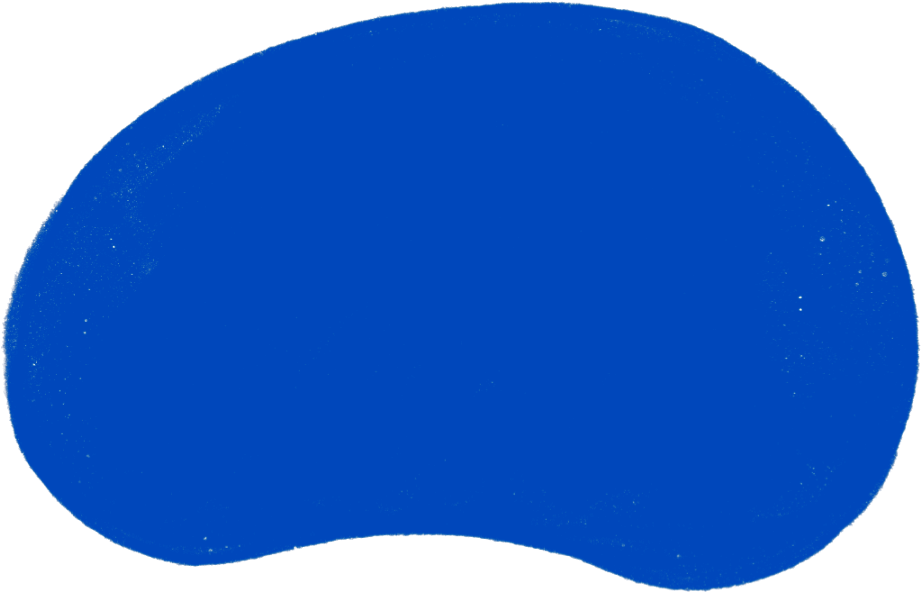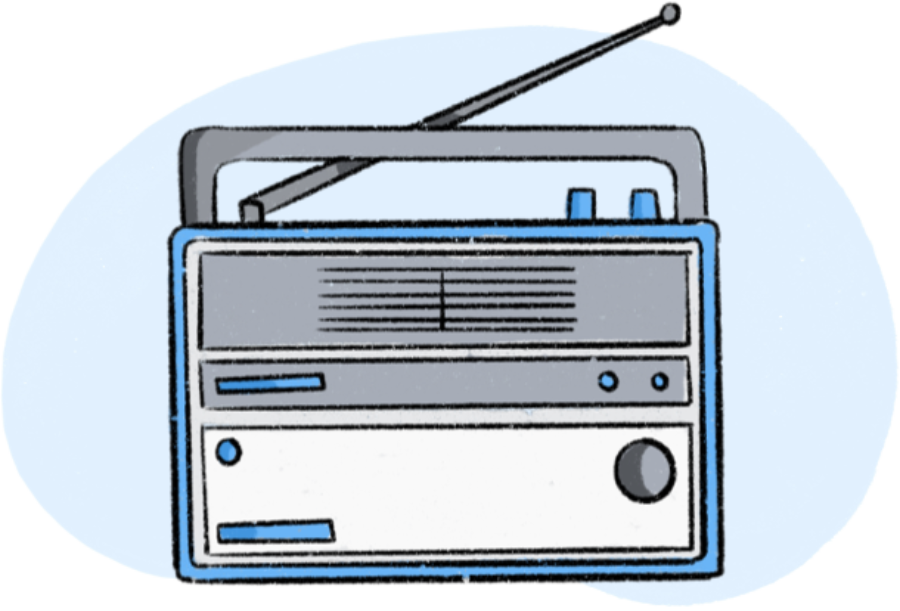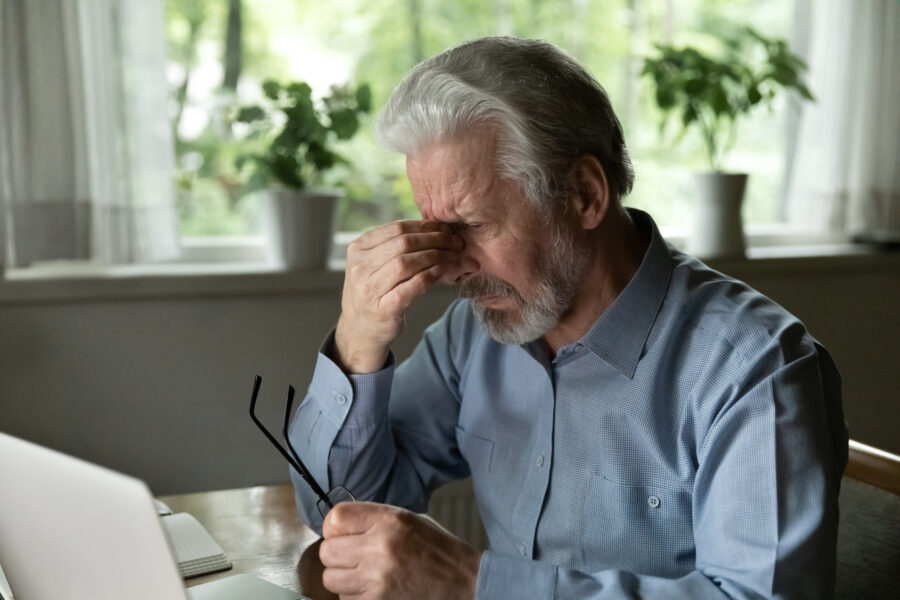

Blog post
The hidden impact of missing an eye test
Did you know that missing an eye test can come with a whole raft of potential risks? You might not think it, but optical care is a crucial part of maintaining top-to-toe health, providing a window into other potential problems at play. A regular sight test and eye health check-up is something we should all try to undergo, no matter our age or vision levels. Over-65s are particularly at risk of developing eye health conditions. It's estimated that more than 50% of over-65s live with some kind of sight loss. However, optometrists and opticians fear that number could be rapidly rising after the global Coronavirus pandemic has limited the ability of many to visit their optician for routine eye exams. Many high street opticians closed their doors and over-65s were particularly hard-hit, with many shielding. More than five million eye tests were missed in 2020 due to the restrictions. The continuation of these into 2021 means that the actual number may be even higher.
Be aware of your vision
For those aged 65 and over, regular check-ups are an essential part of maintaining personal independence and quality of life and acting as a way of managing underlying health concerns – such as diabetes, strokes, and cancers.
Vishal Khurana, our lead optometrist, says: "The main risk in delaying routine eye check-ups is the undiagnosed worsening of some conditions.
"The most common are the 'Big 4': glaucoma, cataracts, diabetes and macular degeneration. And of course, there's the risk of physical injury, with falls becoming 50% more likely when vision is impaired."
Alongside the physical health issues, there is also the concern that sight loss may make it more likely for older people to experience anxiety and depression symptoms.
It's estimated that even slightly reduced vision can make you three times more likely to experience depression.
Maintain your eye health checks
So, what can you be doing to lower your risk of vision or eye health problems?
The first step is to book a check-up as soon as you can with your optician, or with us if you're in a care home setting, and try to keep these as regular as possible. Your optician will advise on how frequent these need to be.
Vic says: "Early intervention is key to prevent any irreversible progression and sight loss.
"Some conditions worsen gradually, and the patient doesn't appreciate the true deterioration until it's pointed out to them.
"Some people sadly accept changes in their sight as something that's 'normal with age', when often, something can be done to improve their visual quality of life.
"The more we see our patients, even in passing, the more we can prevent this from happening."
And in the meantime, follow our top ten tips for eyesight care to help maintain your eye health and vision between appointments.
If you have any concerns about your eye health or sight levels, always consult an optometrist.











